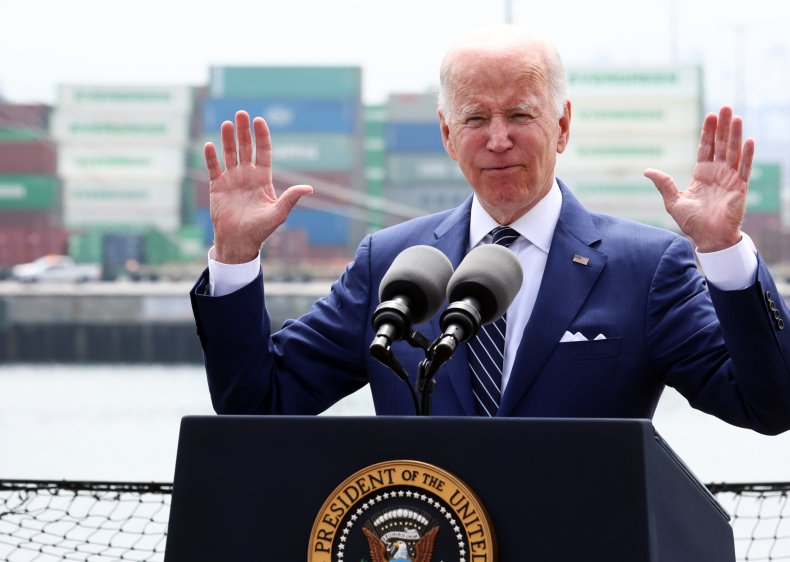Thomas Barrabi and Mark Lungariello
June 10, 2022
Inflation stayed red-hot in May as CPI spiked 8.6% — highest since
White-hot inflation has forced the average American household to cough up an extra $460 per month, as surging prices for food and fuel put family budgets across the nation under strain.
Moody’s Analytics senior economist Ryan Sweet calculated the figure based on data released Friday by the Bureau of Labor Statistics that showed the Consumer Price Index had jumped 8.6% in the 12-month period ending May 31 – the largest increase since December 1981.
Sweet compared average US household spending in May to what would have been spent in 2018 and 2019, when annual inflation averaged 2.1%.
“Having inflation at 8.5% on a year-ago basis, compared with the 2.1% average growth in 2018 and 2019, is costing the average household $346.67 per month to purchase the same basket of goods and services as they did last year,” Sweet told The Post. “However, the pure cost for households for having inflation running at 8.5% is $460.42 per month.”
Soaring inflation has some economic experts worried a recession is coming, as President Biden and the Federal Reserve face pressure to enact policies to slow down the increase.
Critics of the administration have cited multitrillion-dollar COVID-19 pandemic aid packages as contributing to rising costs, while sanctions against Russia over its invasion Ukraine have contributed to staggering jumps in the cost of gas.
The average price for regular unleaded continues to set new records, with the average cost nationwide hitting a new high of $4.986 per gallon on Friday, according to AAA.
Energy prices were up 34.6% in May over the same month in 2021 – the largest spike since September 2005, with fuel oil alone skyrocketing by 106.7%, according to BLS.

Americans in the market for a car or truck were out of luck in May, as the BLS found that the price of a new car had increased by 12.6% over 12 months ago. Used car shoppers faced having to pay 16.1% more than at this time in 2021.
The food index increased 10.1%, the first jump of of 10% or more since March 1981, BLS said. Grocery store price increases were even steeper — 11.9%, the largest 12-month spike since April 1979 — with staples such as meats, poultry, fish, and eggs increasing a whopping 14.2% and even fruits and vegetables going up 8.2%.
Month to month, the CPI increased 1% from April to May on a seasonally adjusted basis, the BLS said. The so-called “core inflation” figure, which excludes food and energy costs, increased 6% from 12 months ago, above analyst expectations.















